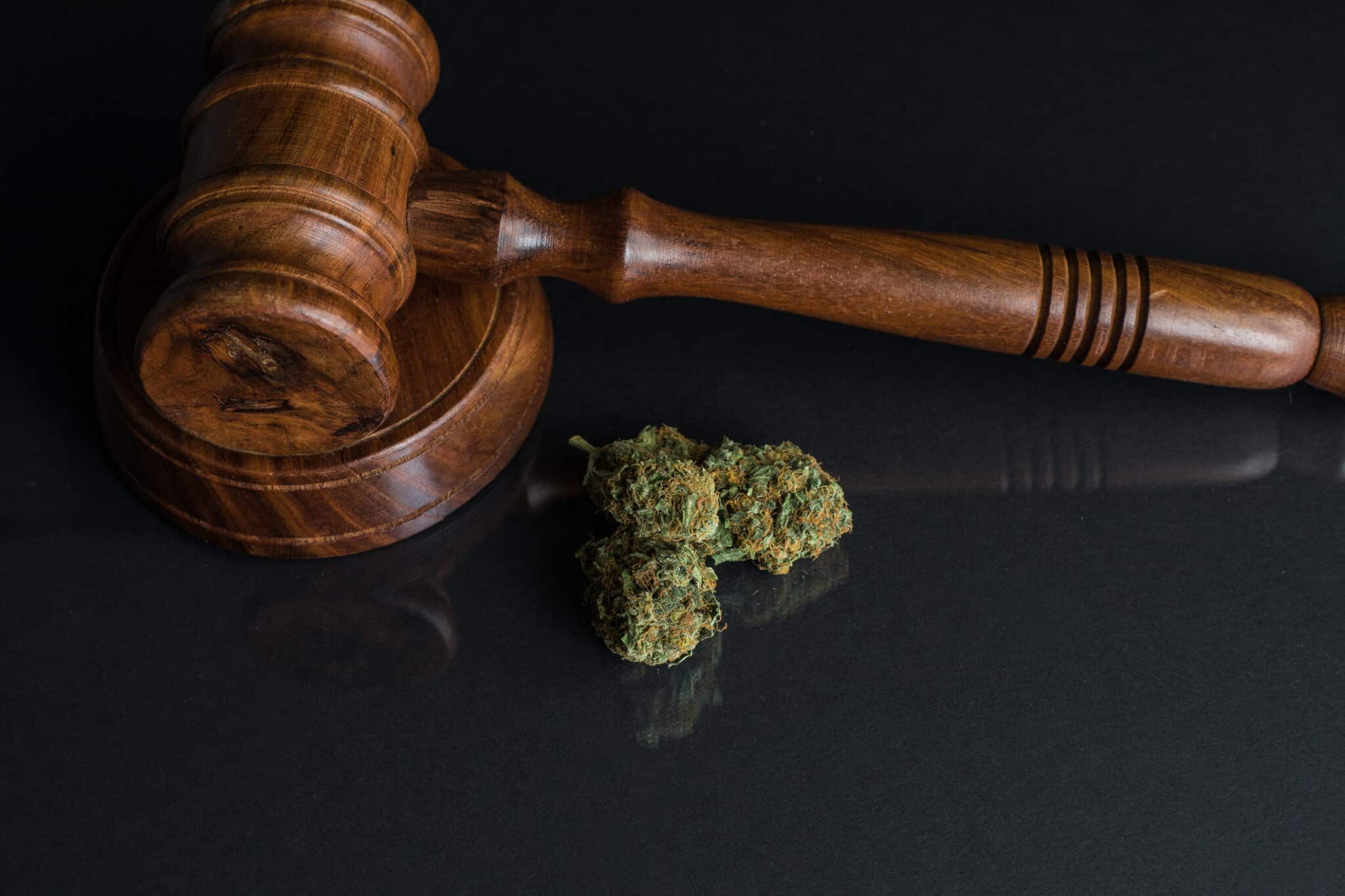Understanding Marijuana’s Impact on U.S. Immigration Status
By, Anne Rowley, Counsel

The landscape of marijuana legality in the United States is undeniably complex. While many states have moved to legalize or decriminalize cannabis for recreational or medical use, it is crucial for non-U.S. citizens, including Green Card holders (lawful permanent residents) and nonimmigrant visa holders, to understand that federal law governs all immigration matters, superseding state marijuana statutes. This means that even if it is legally permissible to purchase and use marijuana as a U.S. citizen in your state, if you are not a U.S. citizen, engaging in such activities can have severe and lasting consequences for your immigration status.
Here are a few reasons marijuana use is not permissible for Green Card holders and nonimmigrant visa holders, even in states where it’s legal for U.S. citizens:
Federal Law Classifies Marijuana as an Illegal Substance
Despite state-level changes, the federal government still classifies marijuana as a Schedule I controlled substance under the Controlled Substances Act (CSA). This classification signifies a high potential for abuse and no currently accepted medical use in treatment. This federal prohibition supersedes state laws when it comes to immigration.
Immigration Law is Federal Law
All immigration laws and policies in the U.S. are determined and enforced at the federal level. This means that U.S. Citizenship and Immigration Services (USCIS), Customs and Border Protection (CBP), the U.S. Department of State (DOS), and other federal agencies implicating immigration operate under federal drug laws, regardless of individual state statutes.
Potential Consequences for Green Card Holders
For Green Card holders, marijuana use or involvement can lead to:
- Deportation (Removal): Even a single offense involving marijuana (other than a very narrow exception for possession of 30 grams or less for personal use) can render a Green Card holder deportable. This includes medical marijuana use, even if prescribed by a state-licensed doctor.
- Inadmissibility Upon Re-entry: If you travel outside the U.S. and return, a CBP officer at the border can deem you “inadmissible” if they discover your past or current marijuana use. This can lead to being denied re-entry and potentially placed in removal proceedings.
- Denial of Naturalization (Citizenship): Marijuana-related activities, including possession, use, cultivation, or working in the cannabis industry, can be considered a lack of “good moral character,” which is a requirement for naturalization. USCIS explicitly states that violations of federal controlled substance law are generally a bar to establishing good moral character.
Risks for Nonimmigrant Visa Holders
Individuals on nonimmigrant visas face even greater risks than green card holders if they admit to or have been found to have used marijuana:
- Visa Revocation and Denial of Entry: Any marijuana use or involvement can lead to the immediate revocation of your visa by the US Department of State. You could be denied entry to the U.S. upon arrival or even during a visa interview at a U.S. consulate abroad.
- Ineligibility for Future Visas: A history of marijuana use, even if it was legal in a particular state at the time, can make you ineligible for future U.S. visas.
- Impact on Adjustment of Status: If you are seeking to adjust your status to that of a lawful permanent resident, past marijuana use can be a significant hurdle and lead to denial of your application.
What Constitutes “Use” or “Involvement”?
It’s not just about being caught with marijuana. Admitting to past use, even without a conviction, to an immigration officer can have severe consequences. This includes casual use, medical use with a state-issued card, or even working in the state-legal cannabis industry (e.g., dispensaries, grow houses).
The Golden Rule: Avoid Marijuana Entirely
Given the severe consequences under federal immigration law, the safest course of action for all non-U.S. citizens is to completely refrain from any marijuana-related activities, regardless of state laws. Your immigration status is a federal matter, and protecting it should be your top priority.
If you have any concerns about past marijuana use, employment in the cannabis industry, or how this issue might affect your immigration status, please contact our office to provide a consultation based on your specific situation and help you navigate this complex legal landscape.

